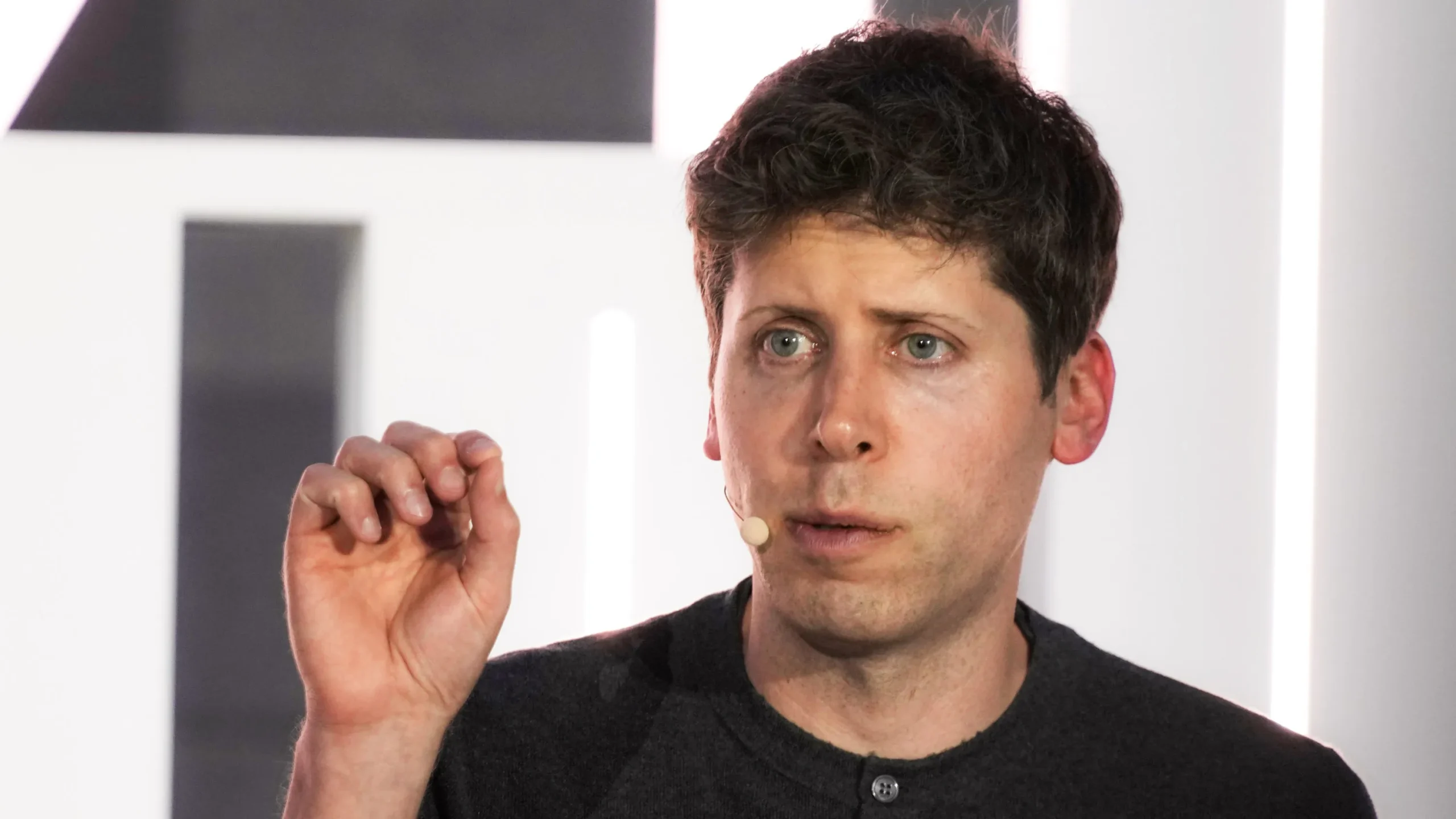OpenAI is pursuing new revenue lines, debt partnerships and fresh fundraising in a bid to cover more than $1tn in spending commitments tied to its long-term artificial intelligence expansion plans.
The company, which has pledged massive investments in computing infrastructure, chips and data centres, is developing new products for governments and large enterprises while also exploring monetisation opportunities across advertising, consumer hardware and licensing of its intellectual property. OpenAI is additionally weighing a strategy to supply computing resources through its ambitious data centre initiative, Stargate.
Despite its rapid growth, the company remains under pressure to support enormous infrastructure obligations. In the past month, chief executive Sam Altman committed to more than 26 gigawatts of capacity from Oracle, Nvidia, AMD and Broadcom over the next decade at a cost expected to exceed $1tn.
OpenAI currently generates about $13bn in annual recurring revenue with roughly 70 per cent coming from consumers via ChatGPT subscriptions. The chatbot has more than 800 million users but only about 5 per cent are paying subscribers, a figure executives hope to double. The company is also expanding lower cost subscription tiers in markets such as India, the Philippines and Brazil while taking a commission on products sold through ChatGPT and exploring future advertising features.
To ease capital pressures, OpenAI has adopted a strategy of leveraging other people’s balance sheets, allowing partners such as Oracle to handle upfront infrastructure spending. However, the company reported an operating loss of about $8bn in the first half of the year even as revenue more than doubled.
Executives argue that continued scale, falling computing costs and staggered chip financing agreements with Nvidia and AMD will support long-term sustainability. Two thirds of AI compute costs are tied to semiconductor spending and OpenAI hopes that stimulating supply will eventually reduce pricing.
Critics, however, warn of circular financing in which chipmakers invest in OpenAI while OpenAI spends heavily on their processors. Supporters counter that the approach is a calculated bet, not reckless expansion.
We are working with everyone to come up with creative financing strategies, a person close to the company said, rejecting suggestions that the company is overspending without discipline.
Altman has signalled that profitability is not an immediate priority, saying it is not in my top 10 concerns. For now, OpenAI’s focus is on scale, infrastructure and maintaining its lead in the fast moving AI race, even as its commitments reshape spending patterns across the global tech and semiconductor sectors.










